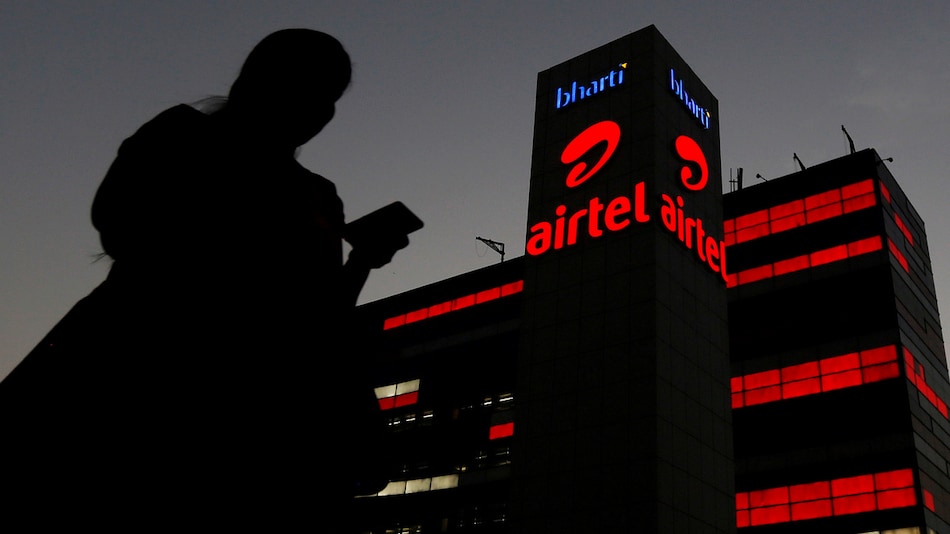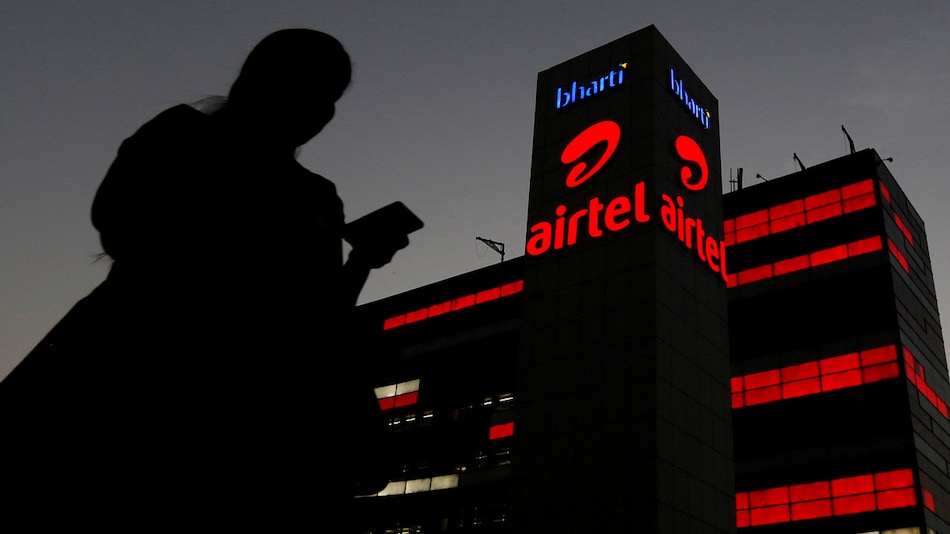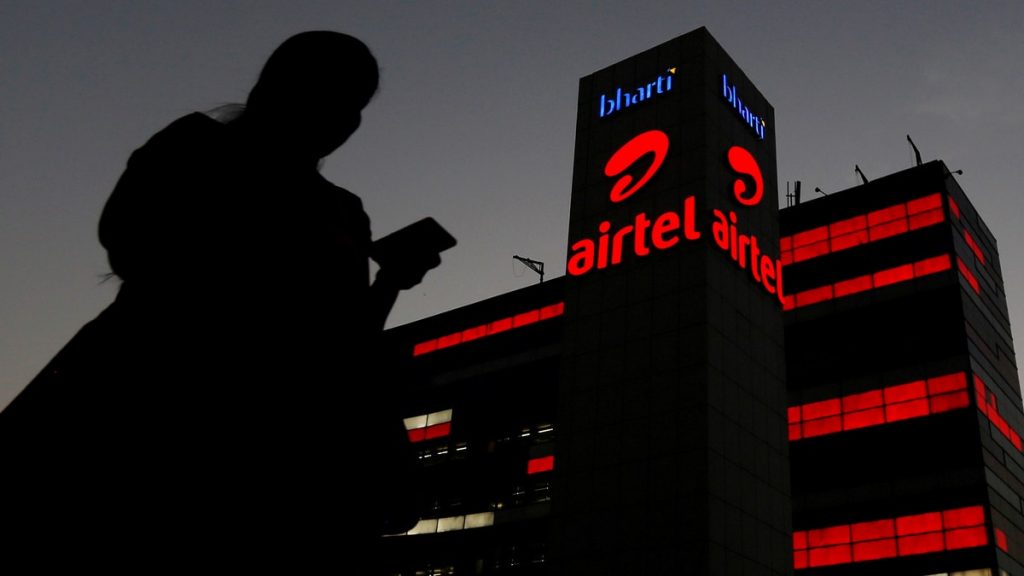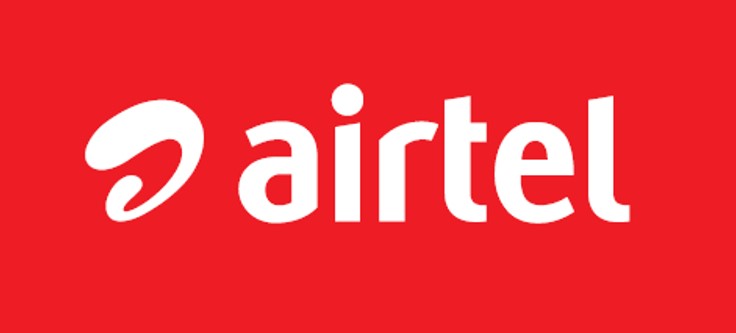Airtel – An Indian-based Company Operating Second Largest Mobile Network Across The Globe.
Airtel is a telecommunication company that every Indian has heard of as well as people abroad. It is not only the second-largest telecom operator in India but also across the world. Sunil Bharti Mittal is the founder of the company. The company’s headquarters is based in New Delhi, India and it operates in 18 countries. The main services of Airtel are mobile services (2G, 4G LTE, 4G+), voice services, and fixed-line broadband. Airtel’s business strategy especially of outsourcing has made it successful in a few years. The IT support for the company is provided by Amdocs and it also made the partnership with Bharti Infratel and Indus Towers for the transmission network. Let’s have a better look at the history and operations of the company.
The Founding Story Of Airtel
Before the push-button phones were made in India, they were imported from Taiwan to replace the rotary phones. In 1984, Sunil Mittal started assembling the components of these push-button phones in India instead of importing them. To manufacture these phones, Bharti Telecom Limited (BTL) tied up with Siemens AG (a German company) and eventually started production. Sunil Mittal bid for one of the four mobile phone network licenses that were auctioned in India and finally his plan was approved in 1994 and he launched the telecom services in Delhi.
Sunil Mittal was the first Indian entrepreneur who spotted the potential of telecom services in the Indian market and beyond and grasped it quickly. Within a few years of launch, Bharti crossed the 2 million subscriber mark and brought STD/ISD under the brand name “India one.” From 1999, Bharti Enterprises started acquiring other businesses spread across India. The company also launched an Airtel theme song which gained much popularity in India.
In 2008, Airtel was considering acquiring the MTN group which is a South African telecommunication company. The company is spread across 21 countries and it has several subsidiaries which would have been very advantageous for Airtel. But, the deal was not fixed as MTN tried to make Airtel one of its subsidiaries. The discussions went on for a long time but after one year, the idea was dismissed. In 2010, Airtel acquired Zain mobile networks in 15 African countries and this acquisition became the second-largest Indian overseas acquisition after Tata Steel. Gradually, Airtel expanded to several other countries and climbed the ladder to becoming one of the largest telecom networks in the world.
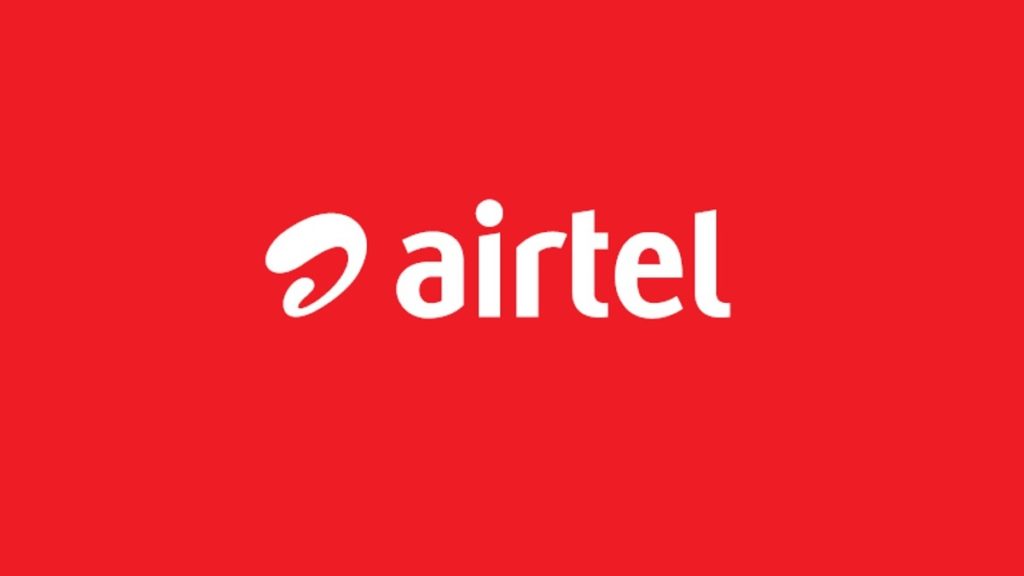
Expansion, Mergers, And Acquisitions
After the MTN Group acquisition plans fell off, Airtel succeeded in acquiring Zain which made Airtel the fifth-largest wireless carrier in the world in terms of subscribers. In 2010, the company acquired a 70.9 percent stake in Warid Telecom and the remaining was sold to Bharti Airtel Holdings in Singapore. The same year, the company planned to acquire Telecom Seychelles which operated in 19 countries. After two years, the company acquired a 49 percent stake in Wireless Business Services Private Limited and it gave the company a stronger 4G presence. The other companies that Airtel acquired are Augere Wireless which gave Airtel 4G presence in Central India (partially), Indian assets of Telenor, Tikona Digital Networks Pvt Ltd, Tigo Rwanda followed by Tata Teleservices and Tata Docomo.
As mentioned earlier, the presence of Airtel outside India is also very strong. In Bangladesh, it operates as Robi and in Sri Lanka as Airtel Sri Lanka. Airtel Africa includes 15 African countries under the network. Some of the countries are Congo, Kenya, Madagascar, Zambia, Ghana, Nigeria, etc. Airtel also has network operations in the Channel Islands which include Jersey and Guernsey.
About The Founder
Sunil Bharti Mittal is the founder and chairperson of Bharti Enterprises. He is an Indian billionaire, entrepreneur, and philanthropist. He graduated from Punjab University in 1976 and started his first business by borrowing the capital from his father. After a few years, he started a trading company with his brothers. The trading business included importing various equipment from other countries and one of them was push-button phones from Taiwan. But, in 1981 the government of India suddenly banned the import of specific items which led him to assemble the push-button phone in India. This is how he took the first step towards building the emperor of Bharti Airtel. He is the recipient of Padma Bhushan.

Annasha Dey is an NIT student, who apart from studying engineering is also a content writer. She has a great interest in photography, writing, reading novels, and travelling as well. She is a foodie who loves socializing and hanging out with her friends. She is also a trained Kathak dancer and a big fashion enthusiast. Dey also loves watching TV series, which includes F.R.I.E.N.D.S. and Big Bang Theory. To be a better writer she prefers to read more

